January 21 marks the 100th anniversary of the death of Vladimir Ilyich Ulyanov, who entered world history as Lenin after he and his comrades set about building the most inhumane dictatorship in history following the "Great October Socialist Revolution" – which was neither great, nor in October nor a revolution. What followed in the wake of it was mass murders, forced labor camps, terror, misery and a hitherto inconceivable wave of hatred, leaving hundreds of millions of dead in the span of a hundred years. One hundred years after Lenin's death and three and a half decades after the regime change, the Nezopont Institute and the Institute for the Research of Communism wanted to find out if Hungarians still believe in the Lenin cult created by the communist leaders.
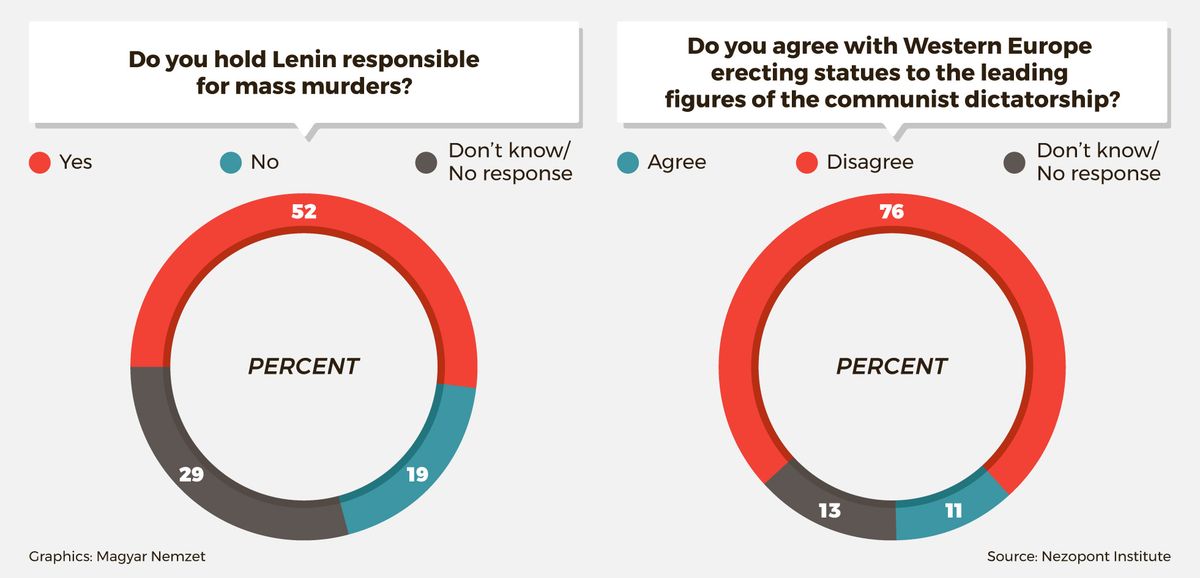
Vladimir Lenin is a mass murderer
The survey shows that more than half of the Hungarians (52 percent) believe that the founder of the Soviet Union, the practical implementer of communism, was responsible for mass murders, although one in five (19 percent) doubt this.
An above-average proportion of Hungarians under forty, who came of age after the regime change, think that Lenin was a mass murderer (61 percent). Nor do Hungarians find the cult of Lenin and his comrades likeable. More than three quarters (76 percent) of those asked disagree with Western Europe erecting statues to leading figures of the communist dictatorship, and only one tenth (11 per cent) hold the opposite view.
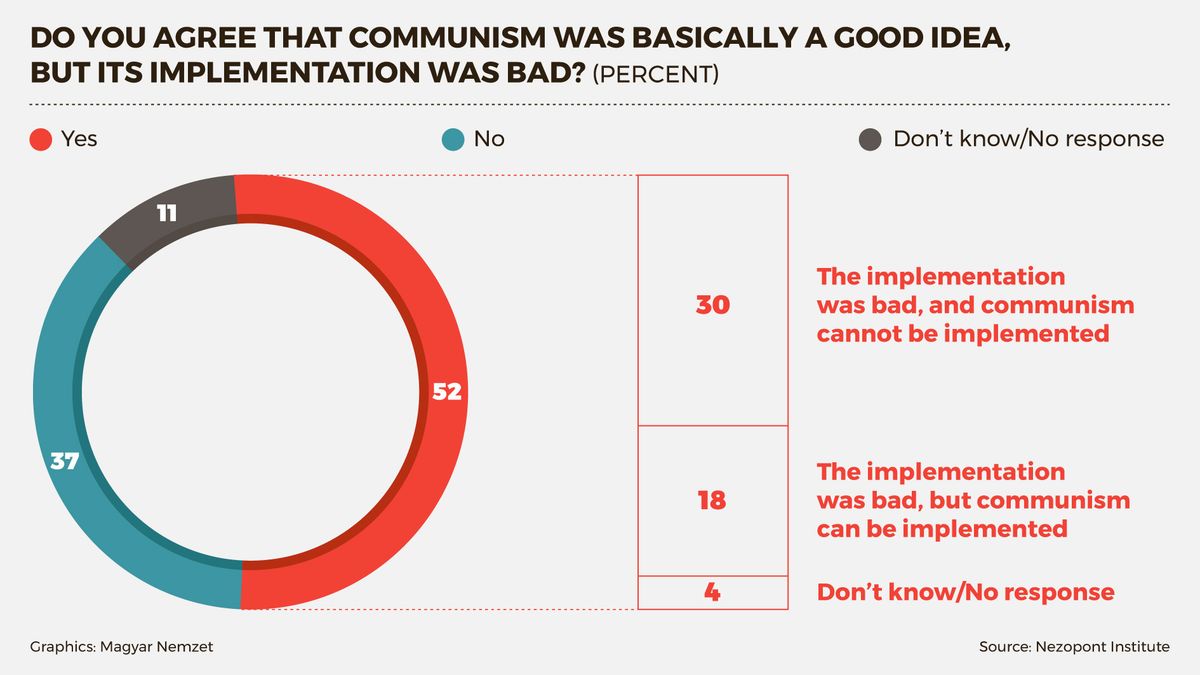
We don't believe in it
The Hungarians' perception of communism is more mixed than Lenin's. 52 percent of those asked agree with the statement that "communism was basically a good idea, but the implementation was bad", while 37 percent disagree with this statement. However, those who think that communism failed because its bad implementation do not automatically believe in communism. More than half of those asked believe that communism based on equality of wealth could not be achieved (30 percent of all respondents), and only a third think that although the attempt failed in the 20th century, communist ideology could be put into practice (18 percent of all respondents).
Thus, overall, 37 percent of the Hungarians do not think communism is a good idea, regardless of its attempted implementation, and another 30 percent do not believe that the idea can be translated into reality. Hungarians are anti-communists, with only 18 per cent believing that communism is a good idea and can be put into practice.
Nezopont Institute's survey was conducted by telephone interviews on a sample of 1,000 individuals on January 15-17. The sample is representative of the population aged 18 and over by sex, age, region, type of settlement and education level. With a sample size of 1,00 and a confidence level of 95 percent, the maximum sampling error is +/- 3.6 percent.
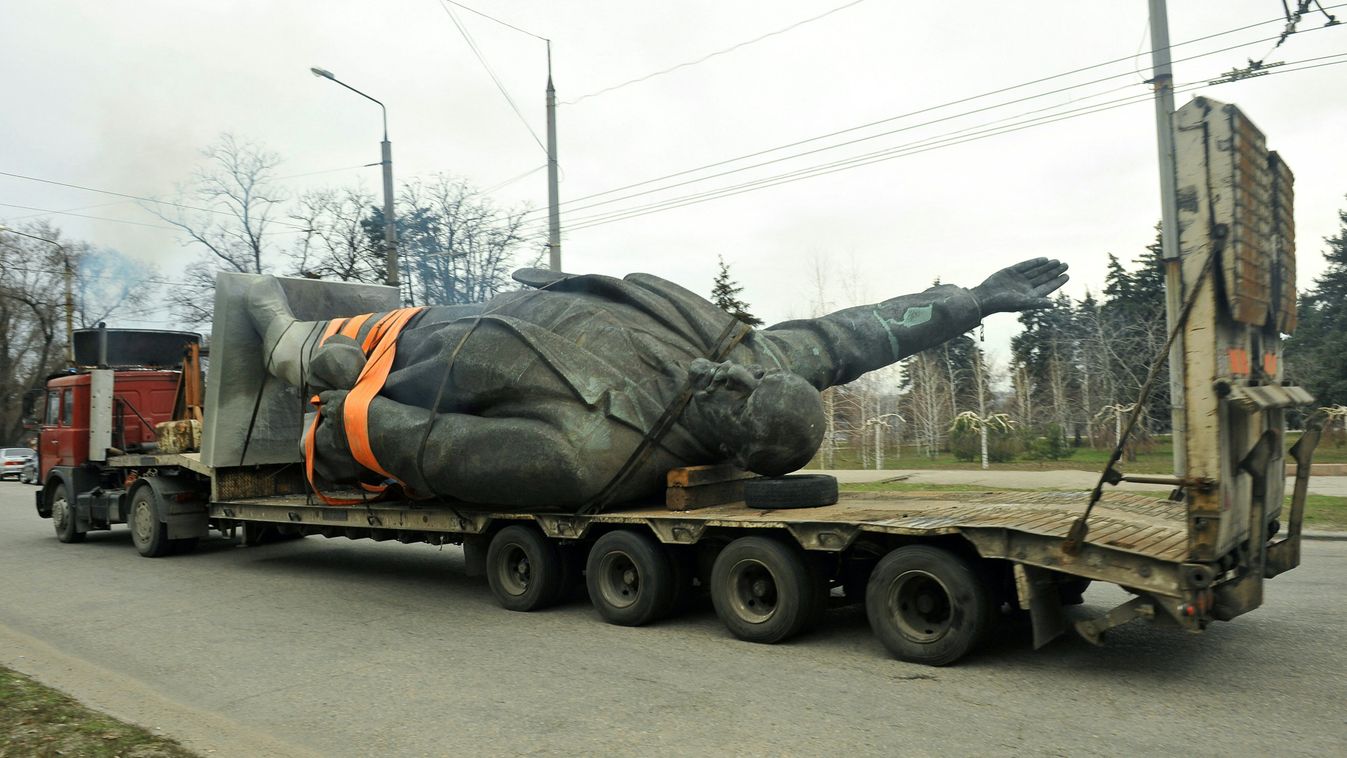










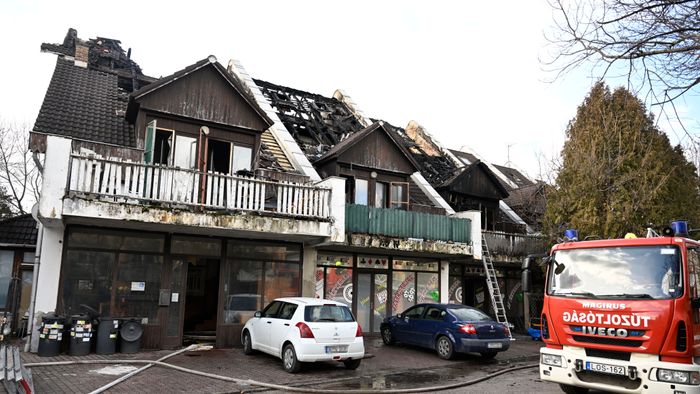







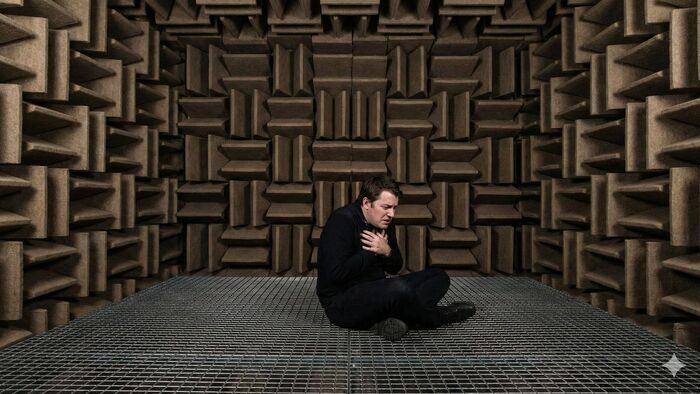



Szóljon hozzá!
Jelenleg csak a hozzászólások egy kis részét látja. Hozzászóláshoz és a további kommentek megtekintéséhez lépjen be, vagy regisztráljon!